It has emerged that members of Parliament were allegedly offered huge sums of money to vote for the controversial Finance Bill 2024.
This information was brought to light by Juja Constituency Member of Parliament, Honourable George Koimburi, during a church service on Sunday.
According to Honourable Koimburi, MPs were offered Ksh 2 million each in exchange for their vote in favour of the bill, which successfully passed the second reading stage last Thursday.
Speaking to congregants at the AIPCA church in Ndurumo, Koimburi shared, “We were offered money… We were told that for every yes vote, we would receive Ksh. 2 million. I know you saw how they carried money in sacks.”
Koimburi, one of the 114 MPs who voted against the bill, claimed that this alleged bribery was part of a broader attempt to push through legislation that has sparked widespread condemnation amidst a rising cost of living.
His revelation has cast a spotlight on the Kenya Kwanza Alliance and the feedback they will provide, especially since His Excellency President William Ruto had met with MPs on Thursday morning, just before the second reading and debate on the bill.
Despite these serious allegations, Koimburi did not disclose who attempted to bribe the members of Parliament.
This omission leaves many questions unanswered and has fueled public outrage and calls for accountability.
The bill in question has been a contentious issue, with many citizens and opposition figures criticizing it for imposing additional financial burdens on a population already struggling with high living costs.
The accusations of bribery, if proven true, represent a severe breach of parliamentary integrity and raise significant concerns about the legislative process in Kenya.
It underscores the need for transparency and ethical conduct among elected officials, who are expected to serve the interests of their constituents without succumbing to corruption.
The alleged bribery attempts also highlight the broader challenges of governance and corruption in Kenya.
They serve as a stark reminder of the ongoing struggle to uphold democratic principles and maintain public trust in political institutions.
For many Kenyans, these allegations reinforce a narrative of systemic corruption that undermines the country’s development and democratic aspirations.
The Kenya Kwanza Alliance, led by President Ruto, is now under intense scrutiny.
The President’s prior meeting with MPs adds a layer of complexity to the situation, as it raises questions about the nature of the discussions held and the extent of any potential influence exerted on the parliamentary vote.
Moving forward, it is imperative for relevant authorities to thoroughly investigate these allegations.
Ensuring accountability and transparency is crucial in restoring public trust and reinforcing the principles of democratic governance.
The parliamentary leadership must take decisive action to address these claims, including launching an independent inquiry to ascertain the truth and hold any culpable parties accountable.
The allegations of bribery in relation to the Finance Bill 2024 vote have sparked a significant controversy in Kenya.
As the nation grapples with the implications of these claims, it is essential for all stakeholders to commit to upholding integrity and transparency in the legislative process.
Only through such efforts can Kenya hope to strengthen its democracy and ensure that the interests of its citizens are genuinely represented in Parliament.







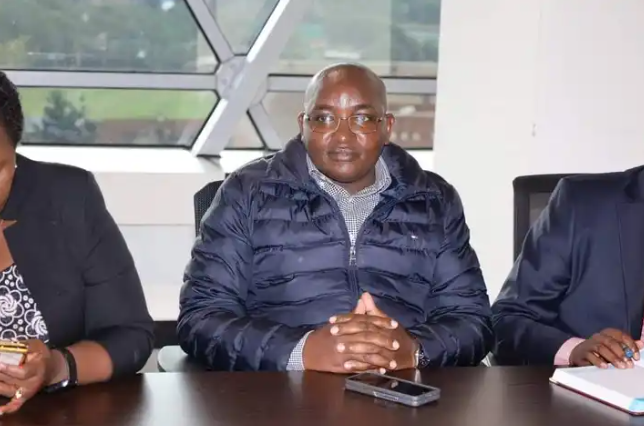
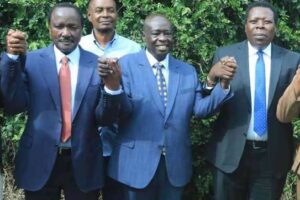

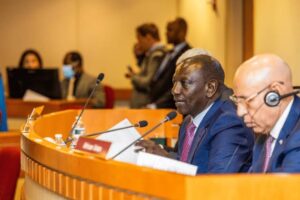
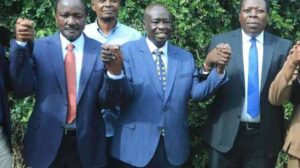


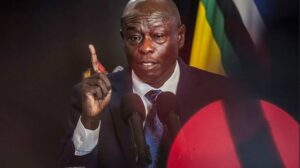

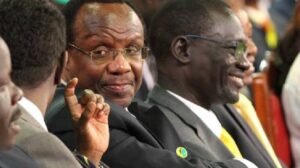


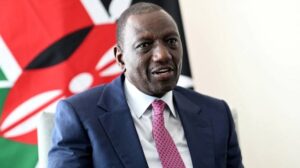

Add Comment